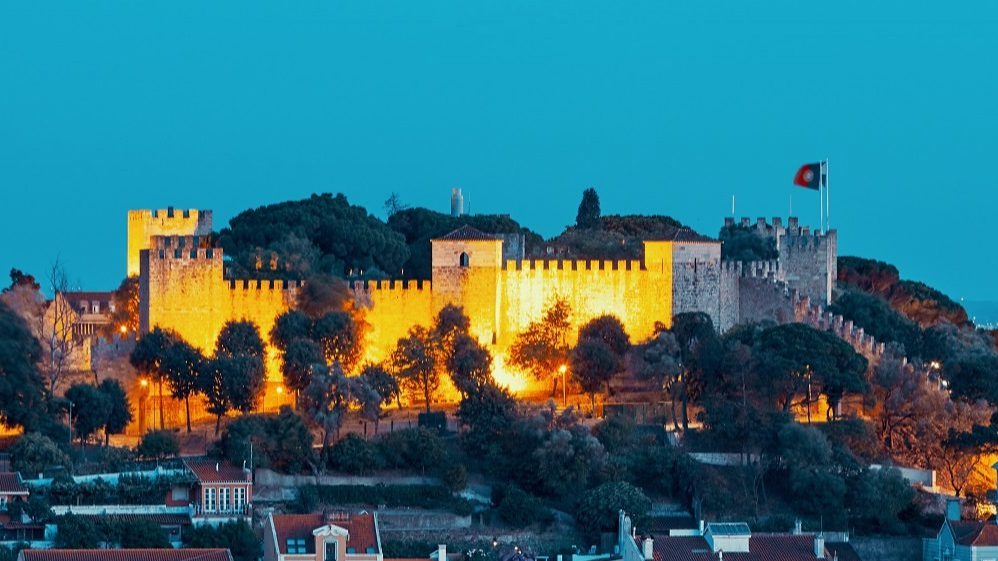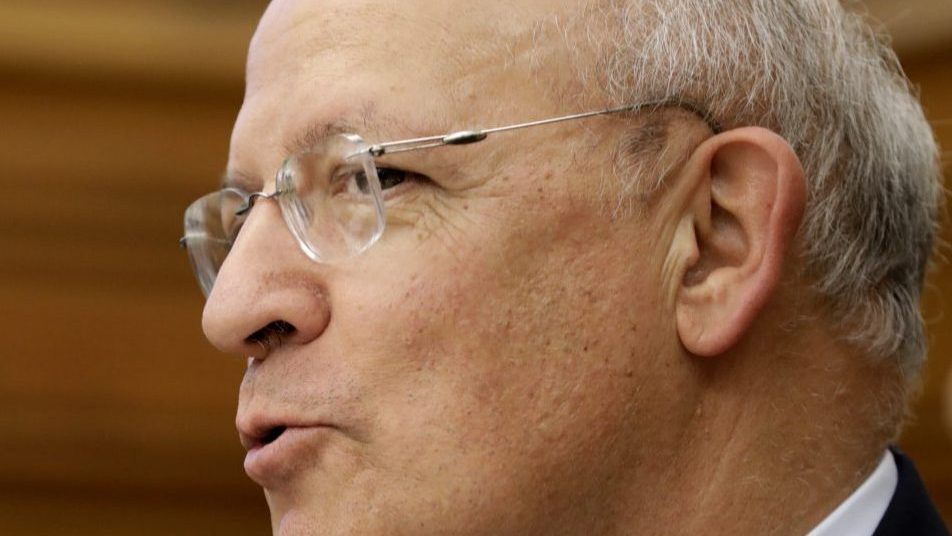Gold visas for Chinese fall 50%. Only eight were given in February
A change in the rules to limit the granting of gold visas, the new Chinese year and the coronavirus may justify the drop of visas granted to Chinese citizens in February.
In February, only eight residence permits were granted to Chinese, less than half the number observed in the previous month, according to data that the Foreigners and Border Service (SEF) advanced to the ECO. The brake approved by Parliament for the granting of gold visas in Lisbon and Porto, the Chinese New Year celebrations and the coronavirus epidemic that is paralyzing the Chinese economy can explain this drop of over 50%.
The eight Investment Residency Permits (ARI) granted in February compared with the 17 gold visas granted to Chinese citizens in the previous month. These eight visas granted to Chinese citizens totalled 4.7 million euros, according to data provided by SEF to ECO. In February, Brazilians outnumbered the Chinese in terms of the highest number of permits granted – Brazil has 15 visas.
But if the Chinese New Year celebrations and the increase in the number of coronavirus cases – the barrier of 100,000 infected (100,267) worldwide has already been crossed, of which 3,408 have died – can help explain the drop in the numbers of gold visas granted to Chinese, it is the change in the rules that justifies the general slowdown in the granting of ARI.
In total, 70 gold visas were granted in February, 11 less than in January. Brazil led (15), ahead of China (eight), Turkey (seven), South Africa (five) and Lebanon (four). In value, these residence permits totalled 46.2 million euros. Of all the visas issued, 64 (91%) were granted through the purchase of buildings, for 39,2 million euros.
“Only the very announcement of the legislative authorization has begun to drive a number of investors” out of the country, Hugo Santos Ferreira, Executive Vice President of the Portuguese Association of Real Estate Promoters and Investors (APPII), told ECO. Not being surprised by these figures, the investor representative explains that this measure will dictate the end of the program, created in 2012 precisely to attract foreign investment to the country.
The Government wants to channel these investments to the interior of the country, justifying that they have contributed to an increase in real estate market prices. But the criticism pointed out by the sector to this measure is many, with experts arguing that the weight of ARI in the two main cities of the country is low and that this will contribute only to lose investment.
“Forcing investors to put capital where they don’t want it will only have one consequence: leading them to look for other countries, dictating the end of the program”, Hugo Santos Ferreira continues, noting that daily he receives news from Greece “is receiving many investors who wanted to invest in Portugal but, with this measure, are scared and heading there.”
And the specialist adds that the government is wrong to say the ARI are attributed in the majority in the country’s two main cities. “At the end of the year, 97% of investors invested on the coast, but the majority were not in Lisbon and Oporto, but in very concrete places in Lisbon”, he justifies, underlining that investors “still see a lot of risk in investing in the interior.”


